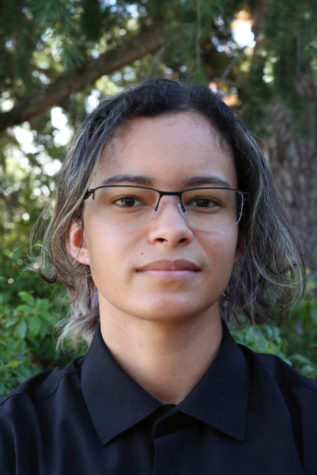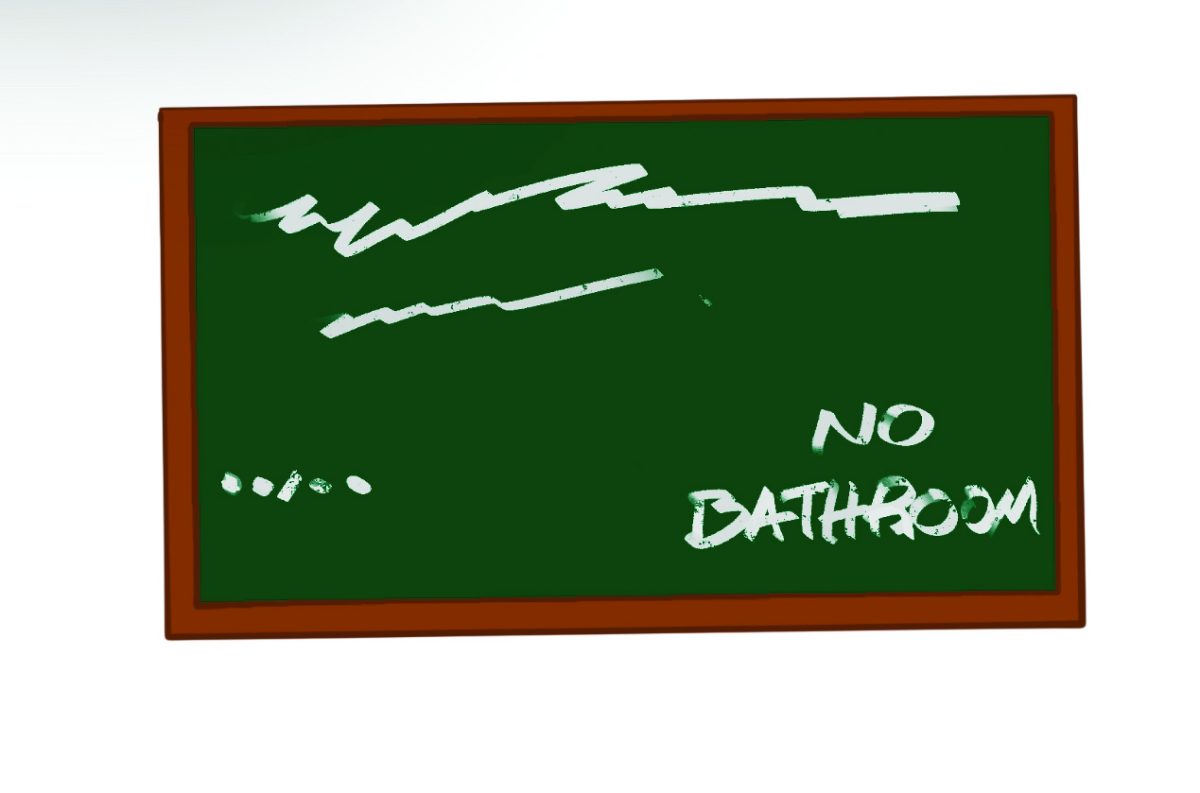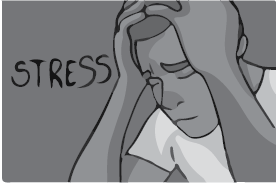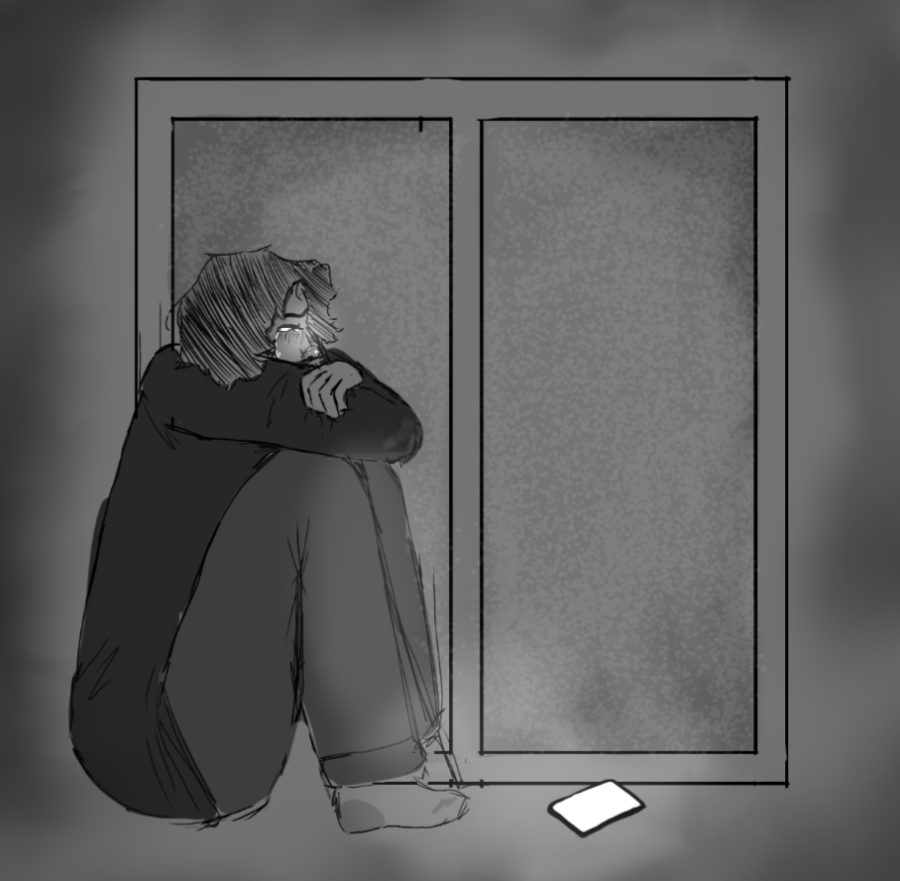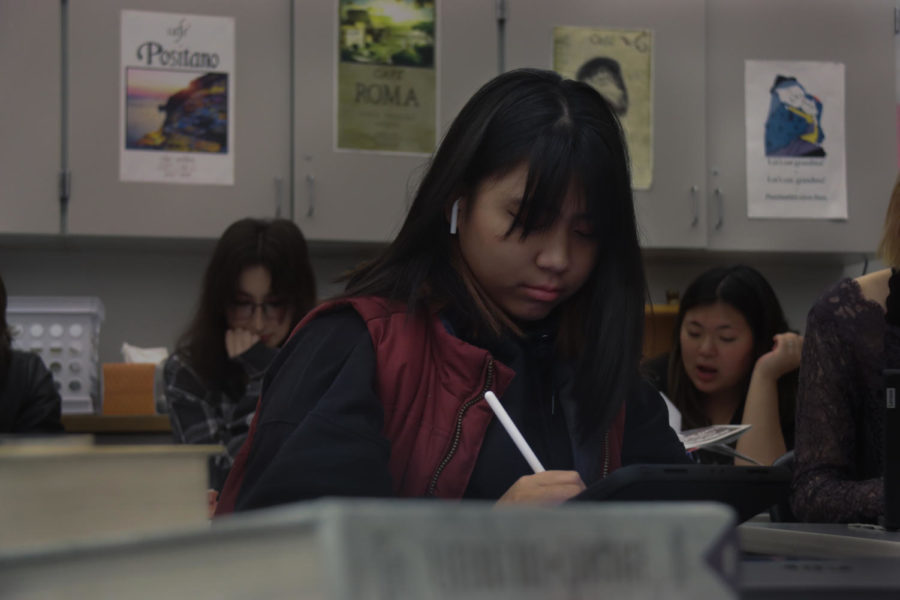As journalists, we have the right and responsibility to speak on current events affecting us both locally and in a wider context, reporting the full truth and amplifying voices that often get overlooked. As student journalists, that right and responsibility extends to topics and issues affecting us as individuals, other students, our school and our community. And as students, we have a unique perspective on those topics and issues that deserve to be recognized and heard. The same goes for every single student at Terrace.
We are fortunate to live in a place where freedom of expression and student voices are encouraged and uplifted the majority of the time. Still, it’s essential not to take our voices for granted, and to recognize how often censorship occurs in journalism and the dangers of it.
With the rise of laws like Florida’s Don’t Say Gay bill being put in place in other parts of the country, student-run publications, from yearbooks and newspapers to websites and social media accounts, are censored and not allowed to express or defend students’ identities. Where’s the freedom of speech in that?
Even here in Washington and the Edmonds School District, where the newly adopted Policy 3220 sets a high standard for protecting student expression, many students still have it drilled into their brains that their thoughts, feelings and opinions aren’t worth listening to. It reaches a point that many don’t speak out about issues they notice, and believe they could never create change.
We say your voice does matter.
In a high school, who knows the experiences of students better than the students themselves? Our experiences matter. Your experiences matter. While we may be the ones with a publishing company on speed dial, words printed on a page mean nothing without a student body to represent.
Edmonds School district Policy 3220: Student Freedom of Expression
Policy 3220
The free expression of student opinion is an important part of education in a democratic society. The District encourages students’ verbal and written expression of opinion on school premises so long as it does not substantially disrupt the operation of the school or otherwise violate this policy. Students are expressly prohibited from the use of vulgar and/or offensive terms in classroom or assembly settings.
Student Publications
Student publications produced as part of the school’s curriculum or with the support of the Associated Student Body fund are intended to serve both as vehicles for instruction and student communication. Although substantively financed and operated by the District, student editors of school-sponsored media are responsible for determining the news, opinion, feature, and advertising content of the media, consistent with chapter 28A.600 RCW. Material appearing in such publications may reflect various areas of student interest, including topics about which there may be controversy and dissent. When engaging with a controversial issue, student publications should strive to provide in-depth treatment and represent a variety of viewpoints. However, as has been the practice and policy for decades in the Edmonds School District, there shall be no administrative prior review of school-sponsored student media unless school officials have a demonstrable concern that the student media contains prohibited speech as defined by 28A.600.027(2).
Such materials may not:
Be libelous or slanderous;
Be an unwarranted invasion of privacy;
Be obscene or profane, such that it would violate federal or state laws, rules or regulations or incites others to violate federal or state laws, rules or regulations, including the standards established by the federal communications act or applicable federal communication commission rules or regulations;
Incite students so as to create a clear and present danger of the material and substantial disruption of the school;
Violate district policy or procedure related to harassment, intimidation, bullying, or related to the prohibition on discrimination pursuant to RCW 28A.642.010.
Violate federal or state laws, rules, regulations, or incite the violation of such laws;
or Advertise tobacco products, liquor, illicit drugs, or drug paraphernalia.
The superintendent will develop guidelines, assuring that students are able to exercise freedom of expression so long as it does not present a material and substantial disruption of the orderly operation of the school, implementing the standards above, and establishing procedures for the prompt review of any materials that appear not to comply with the standards.
Distribution of Materials
Student and district staff may distribute student publications or other materials on school premises in accordance with procedures developed by the superintendent or designee and are a valuable means of expression under the First Amendment to the U.S. Constitution.
Such procedures may impose limits on the time, place, and manner of distribution including prior authorization for the posting of such material on school property.
Non-school sponsored media is subject to the same First Amendment rights as school sponsored media.
However, students responsible for the distribution of material that leads to a substantial disruption of school activity or otherwise interferes with school operations will be subject to corrective action, including suspension or expulsion, consistent with student discipline policies.
Those who are not a student, or a district employee may not distribute materials on school grounds.


